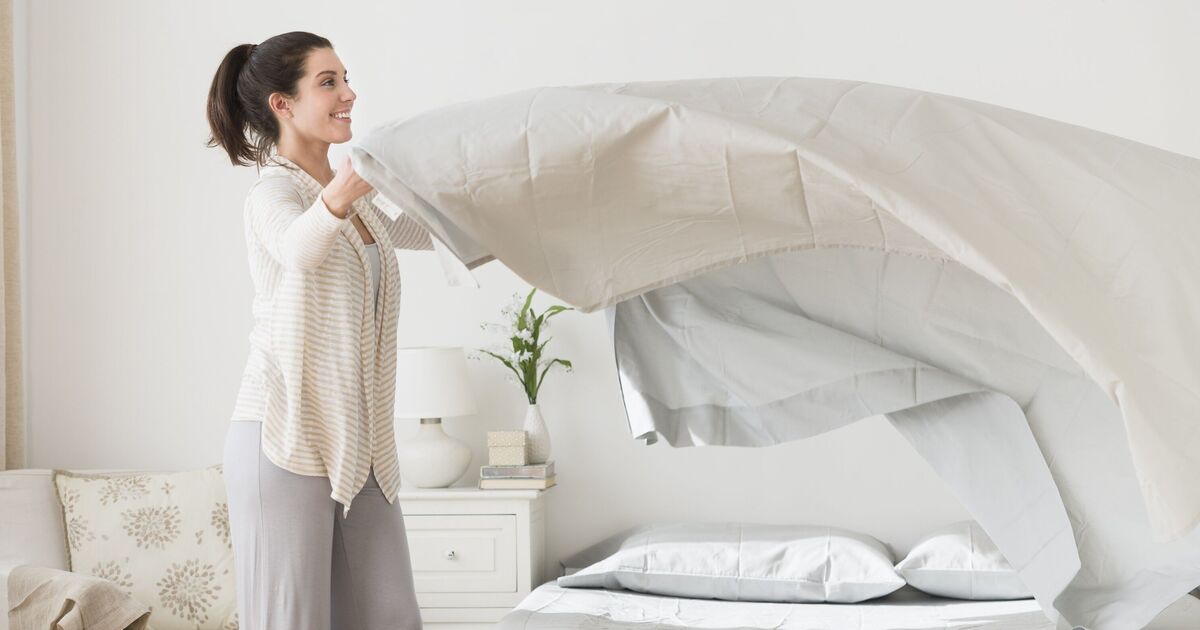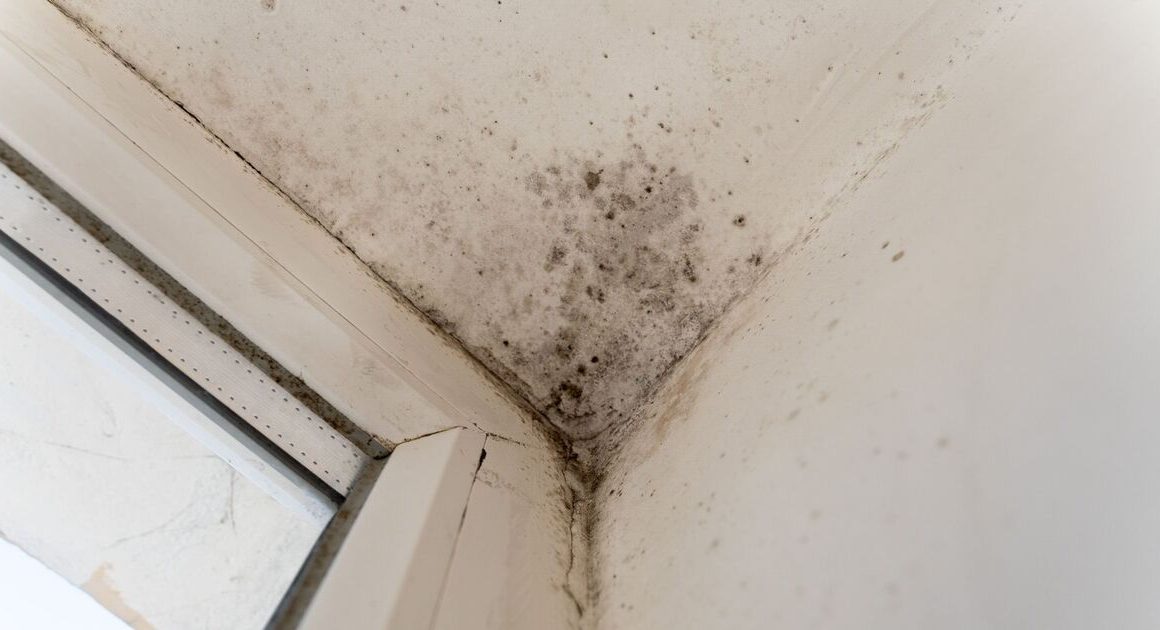A sleep expert revealed savings could be made with a cooler wash whilst still maintaining cleanliness, but what is the perfect temperature?
Chris Tattersall, the sleep expert and Managing Director of Woolroom, previously told Express.co.uk how often bed sheets should be washed and at which temperature.
“Washing your bed sheets is a task that should be completed once a week, which can be extended to two weeks should you not sleep in your bed every evening,” said Chris.
This is to wash away the buildup of dead skin, sweat, body oils, grime, and dust mites. Chris chillingly revealed: “All of the dead skin and body oil, combined with your sweat as you sleep, is absorbed by your bedding, making it a breeding ground for dust mites.”
If you suffer from eye irritation and a runny nose, it could be possible that your bed is full of invisible-to-the-eye dust mites.
As for the precise washing temperature, Chris stated: “When it comes to the washing, this should be done on a regular 40-degree wash.”
In addition to cleaning bed sheets, it’s also important to clean the comforter and mattress protector.
Chris stated: “With duvets and mattress protectors, these have a lifespan of around five years, though this will be determined by the fibres used in your duvet.”
Washing brand Lenor confirmed “a good temperature to wash bed sheets is 40 degrees”. However, a 60 degrees wash “will be better at killing germs and should be used if someone in the house has been ill”.
If you have silk bedsheets, the delicate material probably needs to be “hand washed” in the bath basin. As silk sheets don’t like hot temperatures, they need to be washed in lukewarm water of 30 degrees or lower.
Lenor explained: “Fill a large basin or your bath with lukewarm water… make sure you don’t wash your silk sheets with any other items to avoid fibre damage.”
Adding detergent and fabric softener to the lukewarm bath, you then have to mix with your hands and then add in the silk bedsheets.
“Soak your sheets for a few minutes before removing and rinsing with fresh water,” stated Lenor. ” To dry your sheets, gently squeeze out any excess water and avoid twisting or wringing. If you’re unable to hang dry your sheets, lay them on a clean and light-coloured towel.”










